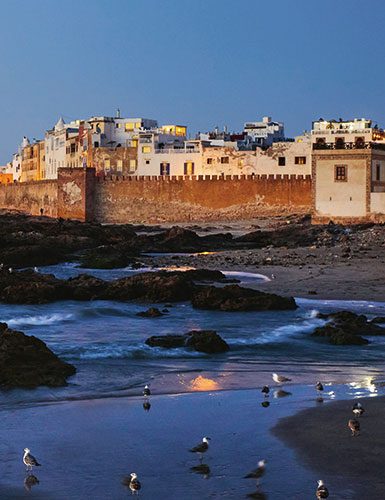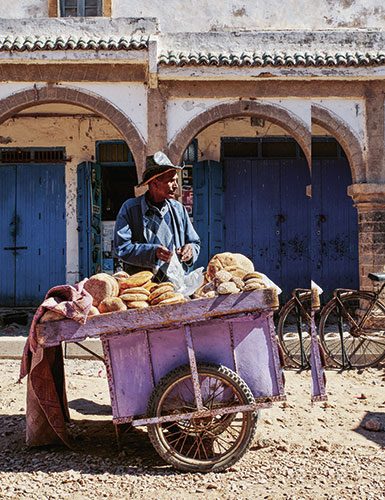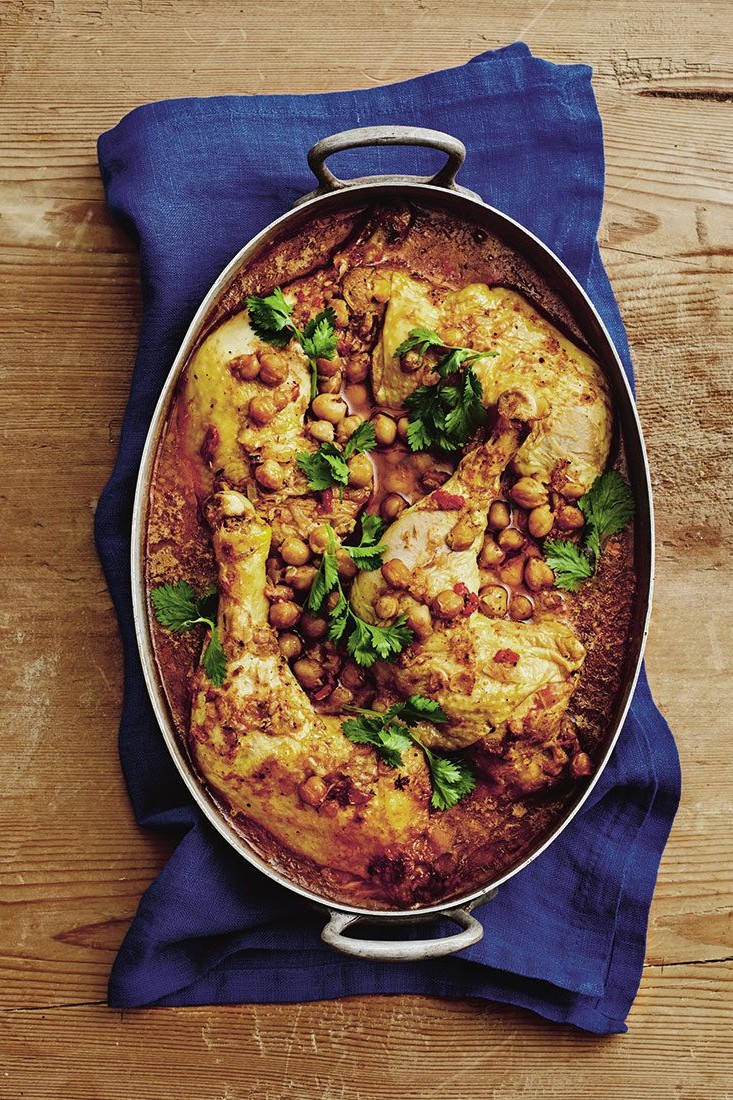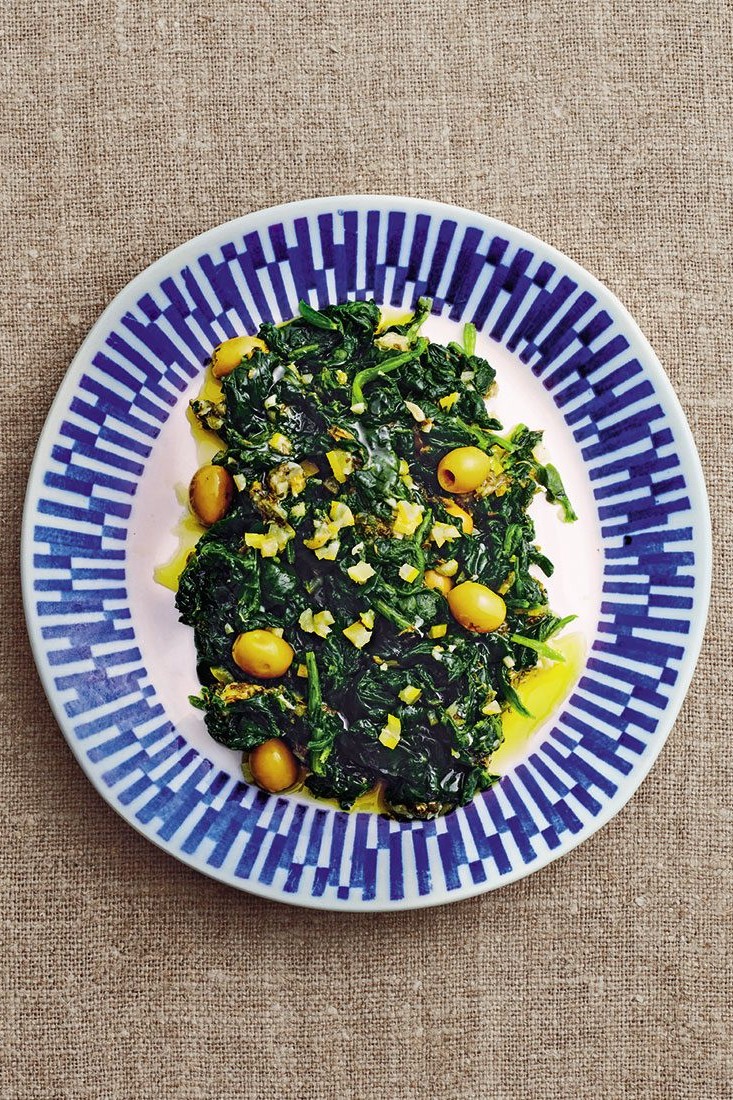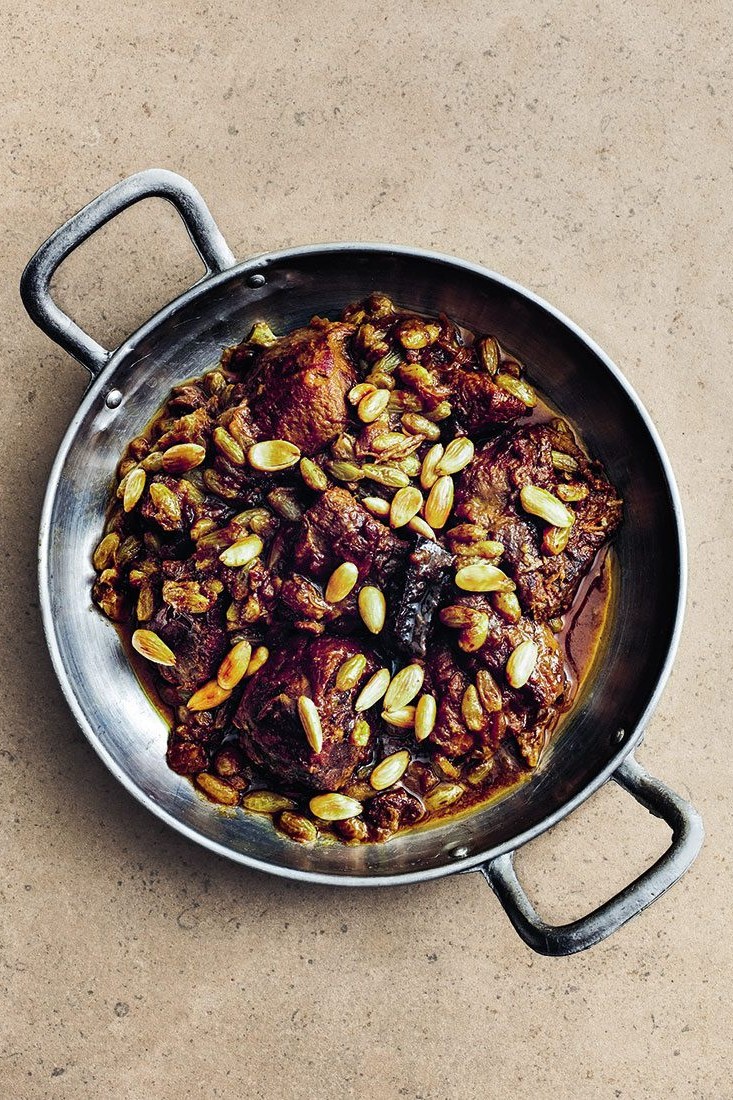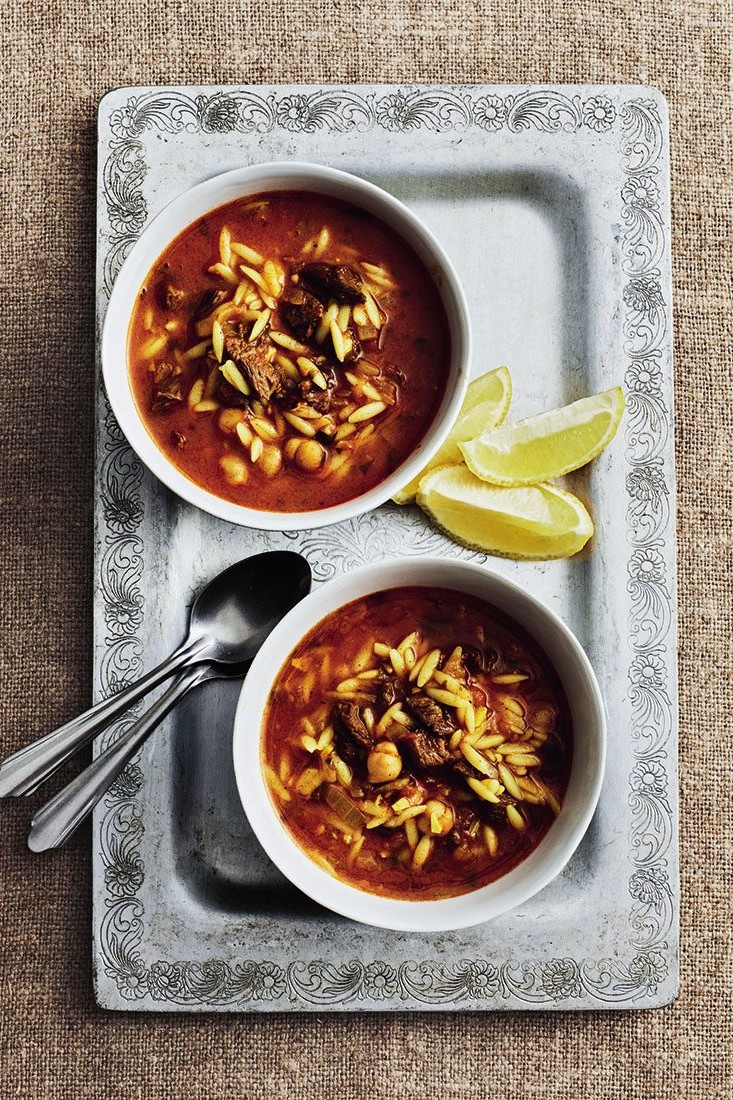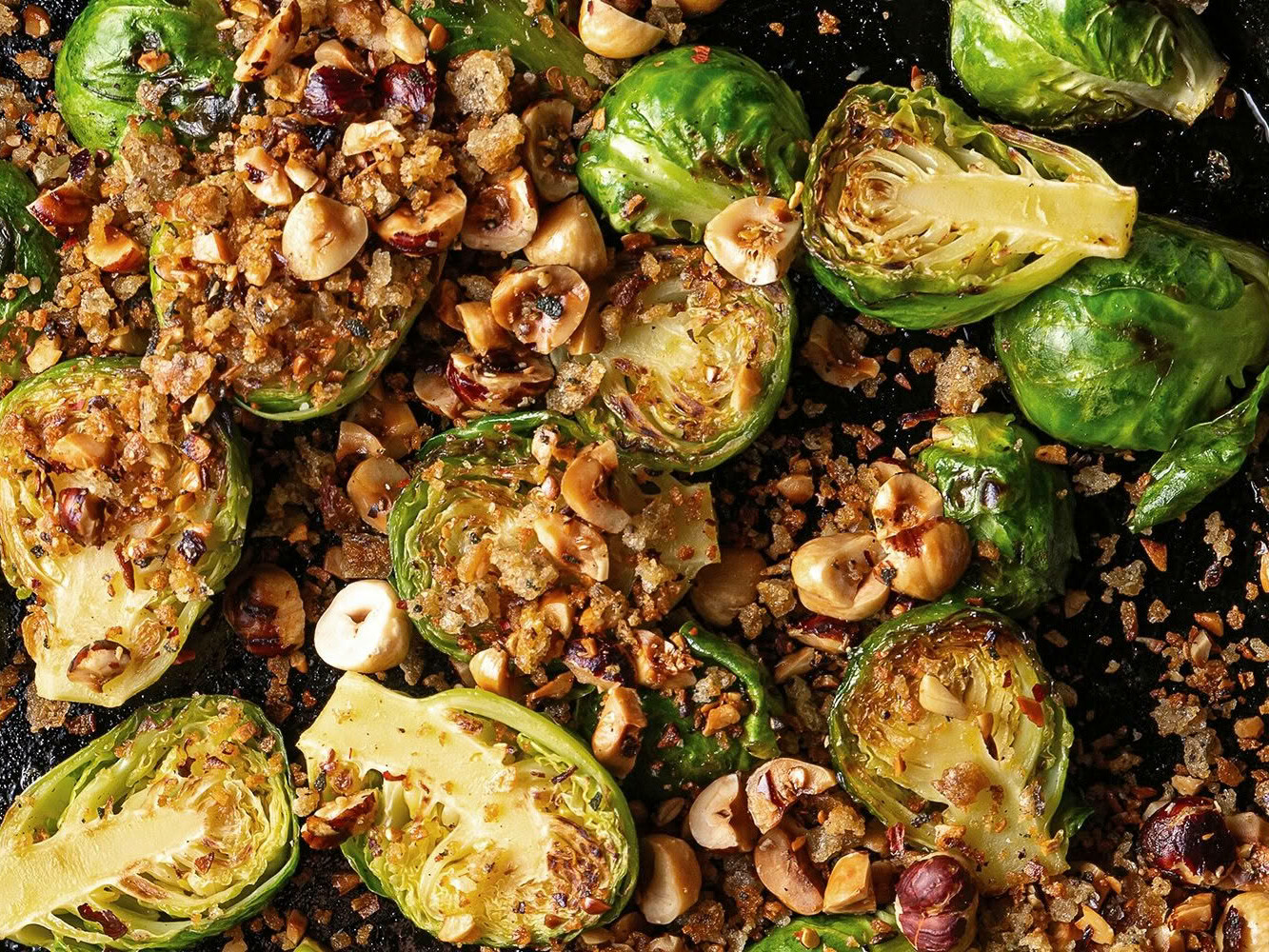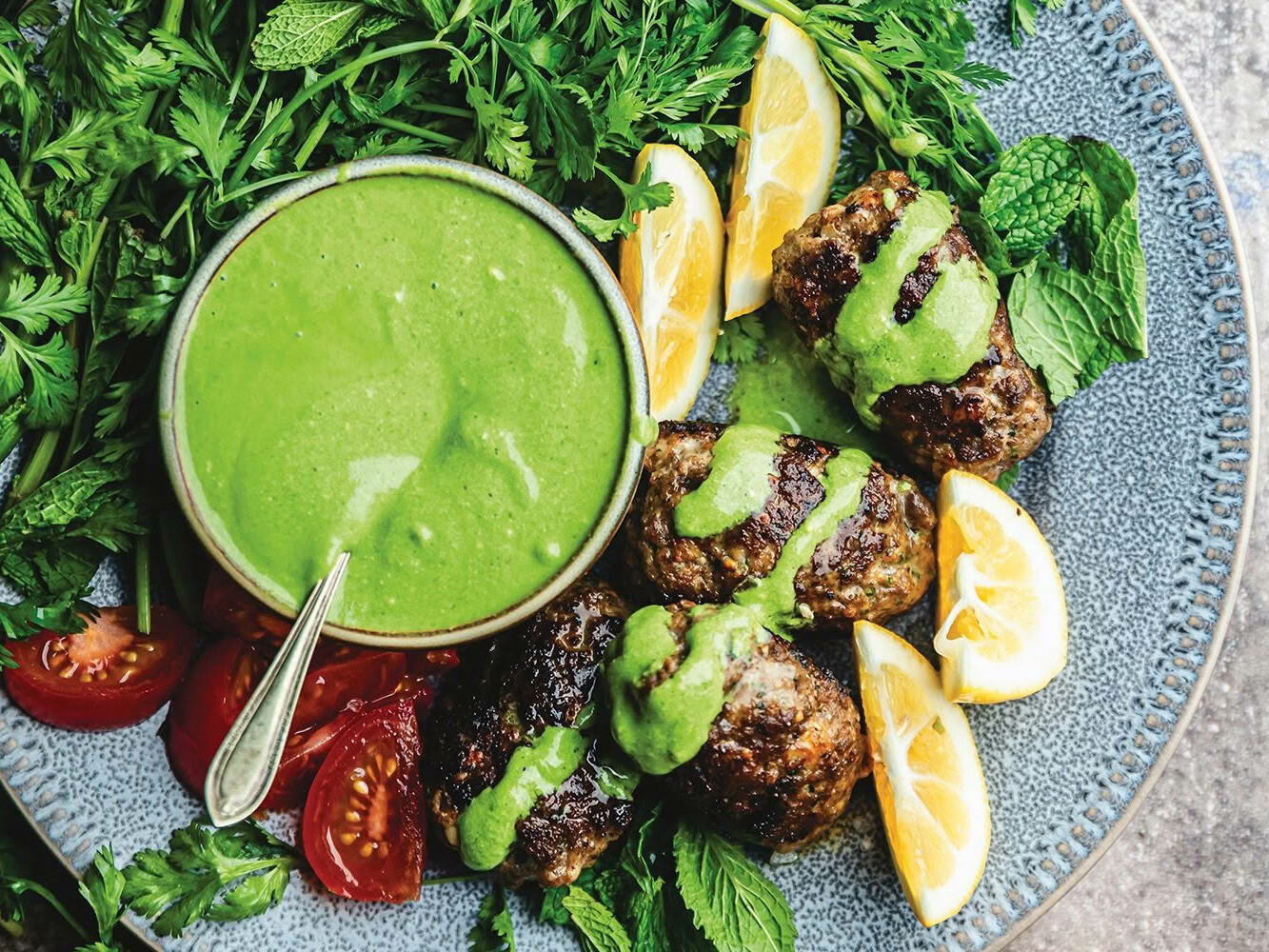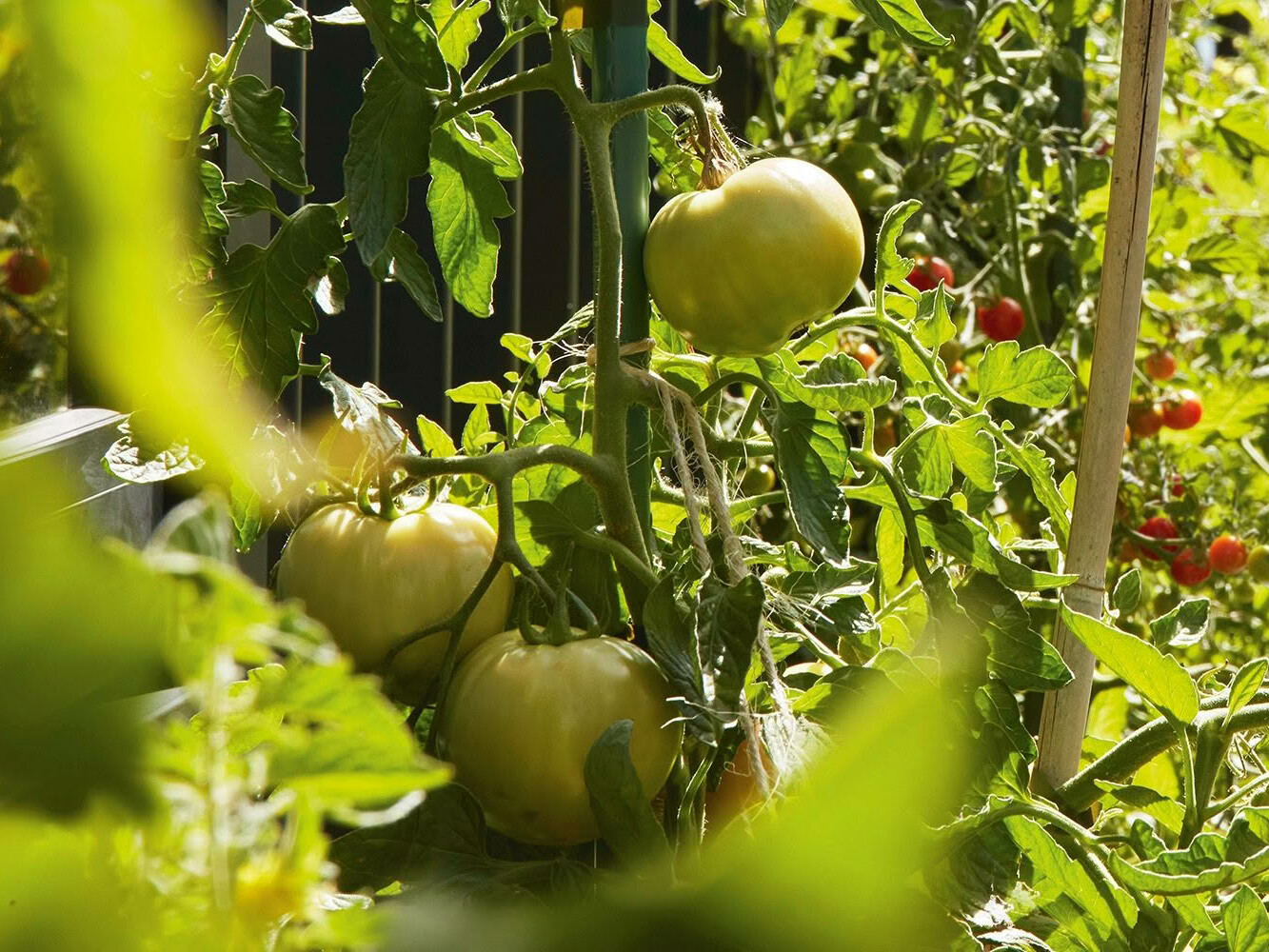In this extract from The North African Cookbook, Jeff Koehler shares a selection of the region’s most vibrant recipes.
Life in North Africa heavily revolves around – and frequently celebrates – that most important of passions, food. Cooking continues to occupy a prominent place in everyday life, and eating with family and friends is both paramount and commonplace. In expressing an unparalleled notion of hospitality, food plays a fundamental role. ‘Feed your guests’, goes a proverb, ‘even if you are starving’.
Early on, I noticed that the tables are very often round rather than square or rectangular, something both practical and symbolic. The cuisines of North Africa are for sharing and meant to be eaten together – from the same table, even the same dish, with salads, couscous and tagines or long-cooked stews set in the middle of the table. Everyone is equidistant and has a similar reach. With no ‘head of the table’, there is a natural levelling in hierarchy, at least during mealtimes. Such tables tend to be chatty, noisy places. But so are the dishes themselves that people have gathered around: the food of North Africa is anything but hushed. It’s bold, it’s colourful, it’s diverse. It’s deeply original. And, I quickly learned, it tells both individual and communal stories that are remarkable.
While I have friends scattered across North Africa, and plenty of favourite places to eat, shop and visit, I find deep pleasure in the unknown and unexpected, in those tasty surprises that may be just around the next corner. The key for me is to turn off familiar roads and keep pushing ahead to find those less travelled. Satisfaction, of course, goes beyond a delicious meal. It helps you better understand a place. I found that learning about the region’s food was to learn about far, far more – and it is this idea that continues to spur me on, corner after corner, meal after meal.
Another important thing that I learned about tables being round is that others can always squeeze in, no matter how crowded it might be already. There is always room for one more.



